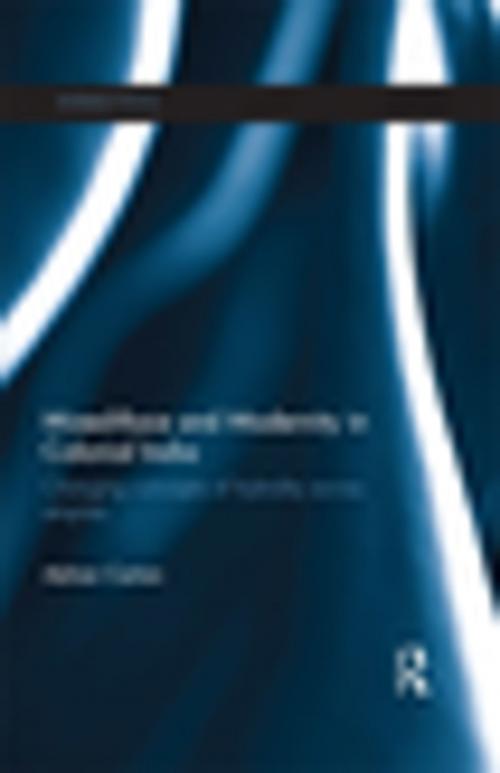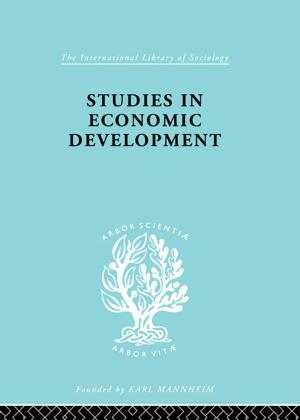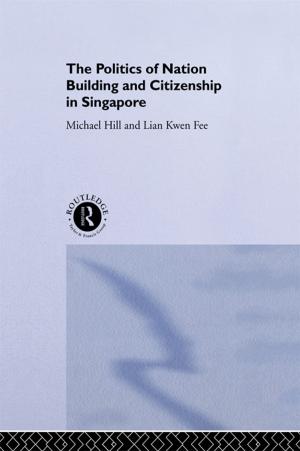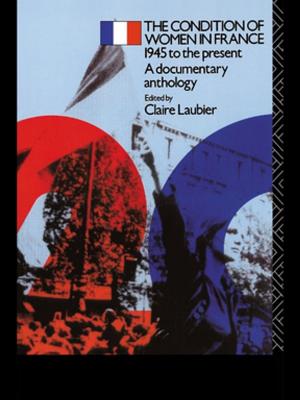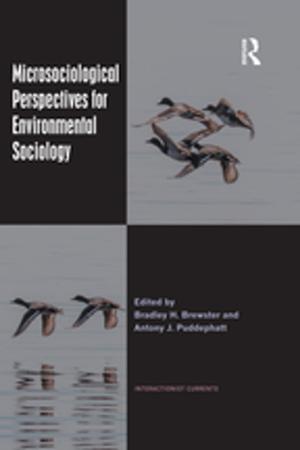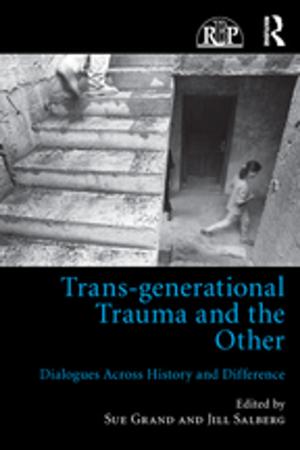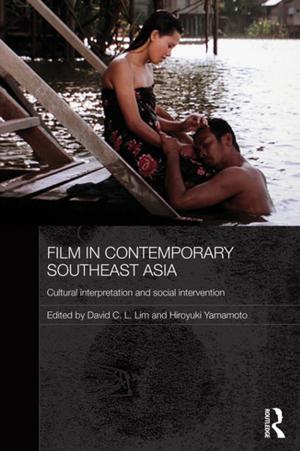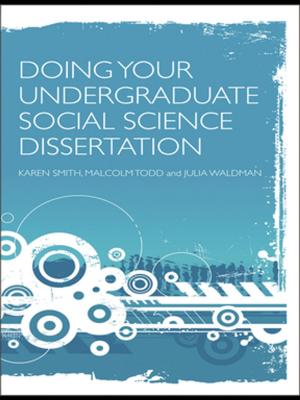Mixed-Race and Modernity in Colonial India
Changing Concepts of Hybridity Across Empires
Nonfiction, History, Asian, India, Social & Cultural Studies, Social Science, Cultural Studies, Ethnic Studies| Author: | Adrian Carton | ISBN: | 9781136325014 |
| Publisher: | Taylor and Francis | Publication: | August 6, 2012 |
| Imprint: | Routledge | Language: | English |
| Author: | Adrian Carton |
| ISBN: | 9781136325014 |
| Publisher: | Taylor and Francis |
| Publication: | August 6, 2012 |
| Imprint: | Routledge |
| Language: | English |
Focusing on Portuguese, British and French colonial spaces, this book traces changing concepts of mixed-race identity in early colonial India. Starting in the sixteenth century, it discusses how the emergence of race was always shaped by affiliations based on religion, class, national identity, gender and citizenship across empires.
In the context of increasing British power, the book looks at the Anglo-French tensions of the eighteenth century to consider the relationship between modernity and race-making. Arguing that different forms of modernity produced divergent categories of hybridity, it considers the impact of changing political structures on mixed-race communities. With its emphasis on specificity, the book situates current and past debates on the mixed-race experience and the politics of whiteness in broader historical and global contexts.
By contributing to the understanding of race-making as an aspect of colonial governance, the book illuminates some margins of colonial India that are often lost in the shadows of the British regime. It is of interest to academics of world history, postcolonial studies, South Asian imperial history and critical mixed-race studies.
Focusing on Portuguese, British and French colonial spaces, this book traces changing concepts of mixed-race identity in early colonial India. Starting in the sixteenth century, it discusses how the emergence of race was always shaped by affiliations based on religion, class, national identity, gender and citizenship across empires.
In the context of increasing British power, the book looks at the Anglo-French tensions of the eighteenth century to consider the relationship between modernity and race-making. Arguing that different forms of modernity produced divergent categories of hybridity, it considers the impact of changing political structures on mixed-race communities. With its emphasis on specificity, the book situates current and past debates on the mixed-race experience and the politics of whiteness in broader historical and global contexts.
By contributing to the understanding of race-making as an aspect of colonial governance, the book illuminates some margins of colonial India that are often lost in the shadows of the British regime. It is of interest to academics of world history, postcolonial studies, South Asian imperial history and critical mixed-race studies.
